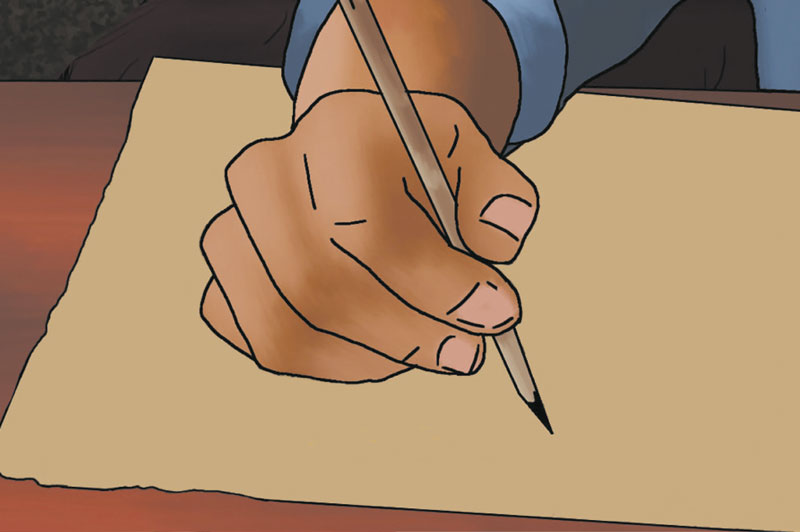
In Transfiguration, Pierre Sainte-Luce presents a lifesaving narrative, as much for his characters as for the reader. He provides keys to the comprehension, maybe even the healing, of individual and collective societal ills, and does so by constructing a captivating human epic.
Transfiguration: “The change of a figure or a form, from one aspect to another,” cf. Larousse.
Changes, awareness, evolutions as desired or suffered by Théo, father and grandfather, sinking into a fatal depression. Changes, awareness, evolutions as desired or suffered by Paul, son and father, growing up with unfailing love for his father, but inadequately irrevocable; Changes, awareness, evolutions as desired or suffered by Jérôme, grandson and son; driven by the thirst to learn that he has an heir; an academic thirst, a social thirst, a humane one as well. His life overflows with characters with more or less of a strong influence, all chiseled by the pen of Pierre Sainte-Luce.
Transfiguration of characters and a transfiguration of Guadeloupe, from before, from a long time ago, almost endemic to that of today, much more exogenic. In his new novel, Pierre Sainte-Luce takes us on a multi-dimensional voyage through time and though space, as well as through the psyches, societies, and genealogies of History. History with a capital H, the mutual and collective foundation of the lives of his actors; and the plural foundations of each of those actors. The trajectories inscribed in the collective spirit, between innate and acquired, determinism and free will.
The stories of Théo “who navigated along the frontiers of madness,” all while seeking in his genealogy the keys of reason; of Paul, a doctor with dreams of becoming an accomplished pilot, becoming one day a “haemorrhage of remorse;” and of Jérôme, the spiritual son of Frantz Fanon, who “prefers operatic singing that leads to emotions, to chills, and to tears”… like that of those who surround them, that echo the emotions of us all, dear reader: How are we shaped by “that and those” who preceded us, and “that and those” who will follow us? How can the uncertainties, the unexpected, yet nevertheless which constitute life, transform us and change our direction, sometimes rather brutally? How to reconcile our composite identities? Who is the father and who is the son?
The voyage that Pierre Sainte-Luce takes us on, by way of exhilarating round trips between the past, present, and future, places us into the roles of ethnologist, anthropologist, historian, thinker, and observer, but also generates more productive emotions of compassion, empathy, sometimes of adhesion, or perhaps identification. And all that goes above the cultural belonging that only readers from the Antilles have the ability to feel, yet the facts, sentiments, and values that are put into play are transposable and ultimately universal. This is the case, for example, for the questions of mourning, of parentage, of the need to grasp and understand, of the quest for knowledge, or the feeling of a job well done, as the backdrop for the story: “Constantly busy to get something done, to know, to learn, your hands and your brain were in competition to raise the sword to the level of the pen, or actually the pen to the dimension of the sword,” says Paul in thinking of his father. The values, social skills, savoir-faire, and way of thinking that seem intimately close to the enlightened path of the author.
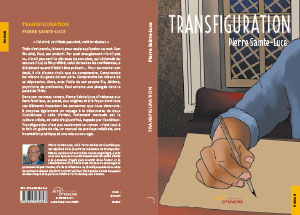
MORE INFORMATION
Available in bookstores.
Publisher’s website: www.jetsdencre.fr
Un auteur au parcours dense, singulier et honoré
Pierre Sainte-Luce est médecin, chef d’entreprise, écrivain et mécène. Il est né le 16 décembre 1956 à Terre-de-Bas aux Saintes dans l’archipel de Guadeloupe. Après avoir exercé dix ans en angiologie, il crée avec son épouse 3 établissements de santé dédiés à la personne fragile puis investit dans l’achat et la réhabilitation de l’Hôtel Arawak situé dans la commune du Gosier. Il est docteur en sociologie et passionné de patrimoine, d’arts et d’histoire. Sa famille possède 2 sites de mémoire datant des XVIIe et XVIIIe siècles : l’habitation Fonds Rousseau en Martinique et la poterie Fidelin à Terre-de-Bas, aux Saintes. Pierre Sainte-Luce est l’auteur de Colored, un roman qui fait l’éloge du métissage culturel. Président des mécènes de la Fondation pour la Mémoire de l’Esclavage, il a été fait Chevalier de la Légion d’Honneur.
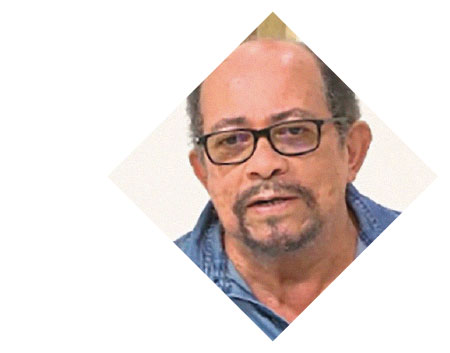
Raphaël Confiant
Writer and literature professor
There are texts that go deeper to show the scent of a country, its landscapes, its people of all circumstances busy confronting their daily life, certain with happiness, others with a dull sadness. Still others in distress due to that interlacing of chance that is life. Pierre Saint-Luce knows how to express all that, without grandiloquence, almost without having written it, but with such meticulousness, and a sense of detail that could seem trivial, or anecdotal, but in reality goes right to the heart of it all.
Transfiguration is not just a novel: it is at the same time, a guide to life, a manual to medical practice, a poetic incantation, an ode to courage.
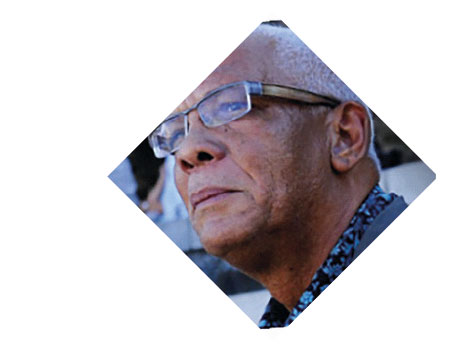
Ernest Pépin
Writer and poet
This novel is a vertical dive into the depression that often leads to suicide. It carries us into a temporal memory that shows different sides of Guadeloupe. An inquiry into the memory of parentage, it raises numerous problems about the human condition, which can never be taken for granted. Our role is to understand the opacity of destiny as the author does in a fluid language, sincere and truthful. Transfiguration is steeped in the tragedy of Greek mythology, the Antillean realism of Zobel, the lucid incantation of an odyssey Pierre Sainte-Luce has successfully realized the tour de force of conciliating medicine and literature by way of a completely Creole novel.
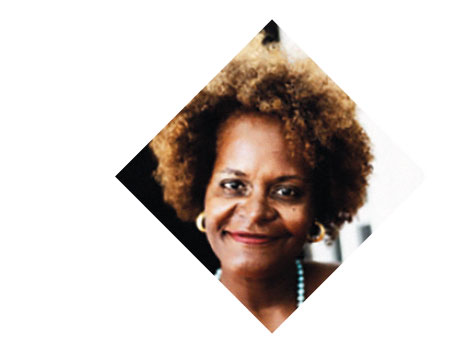
Elisabeth Gustave
President of the Festival Monde en Vues
A narrative meets the soul of his father at the same time as that of Guadeloupe, with all its faults and its strengths. Personal, almost scientific, research by way of the Guadeloupean conscience, which is found here dissected and une remontée temporelle unmasked. Transfiguration is a family history, but above all an important story whose reach is undoubtably universal.
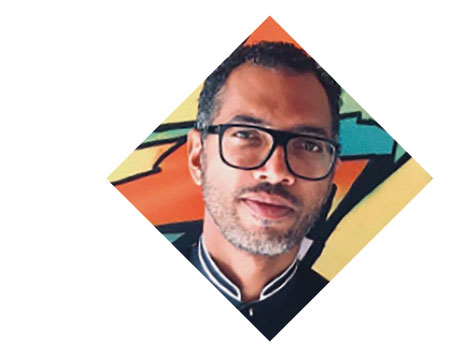
Loran Kristian
Prix Carbet
Transfiguration: …an archeology of the Antillean soul, an exhumation of our right to the unpredictable…and our duty to emancipation”

